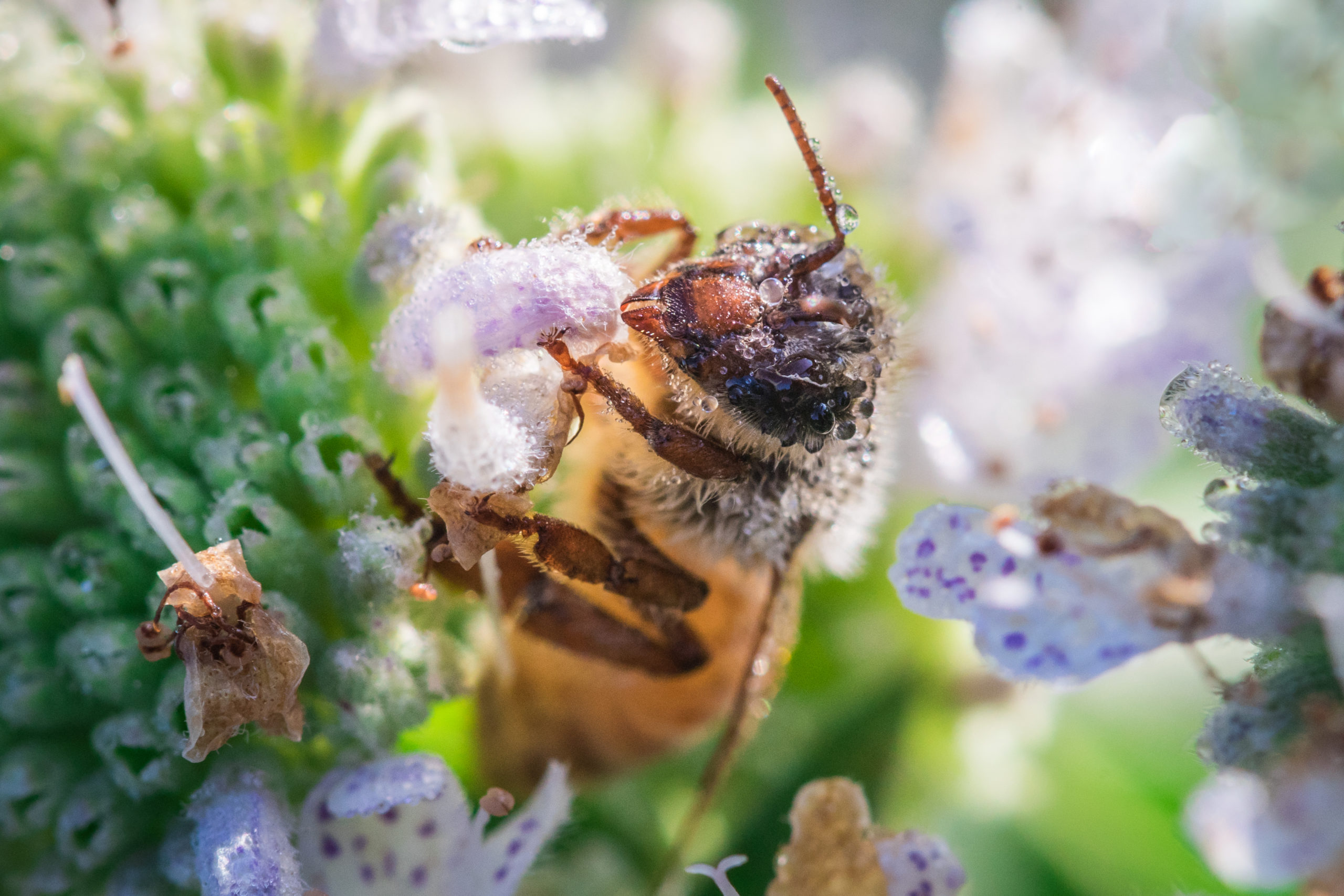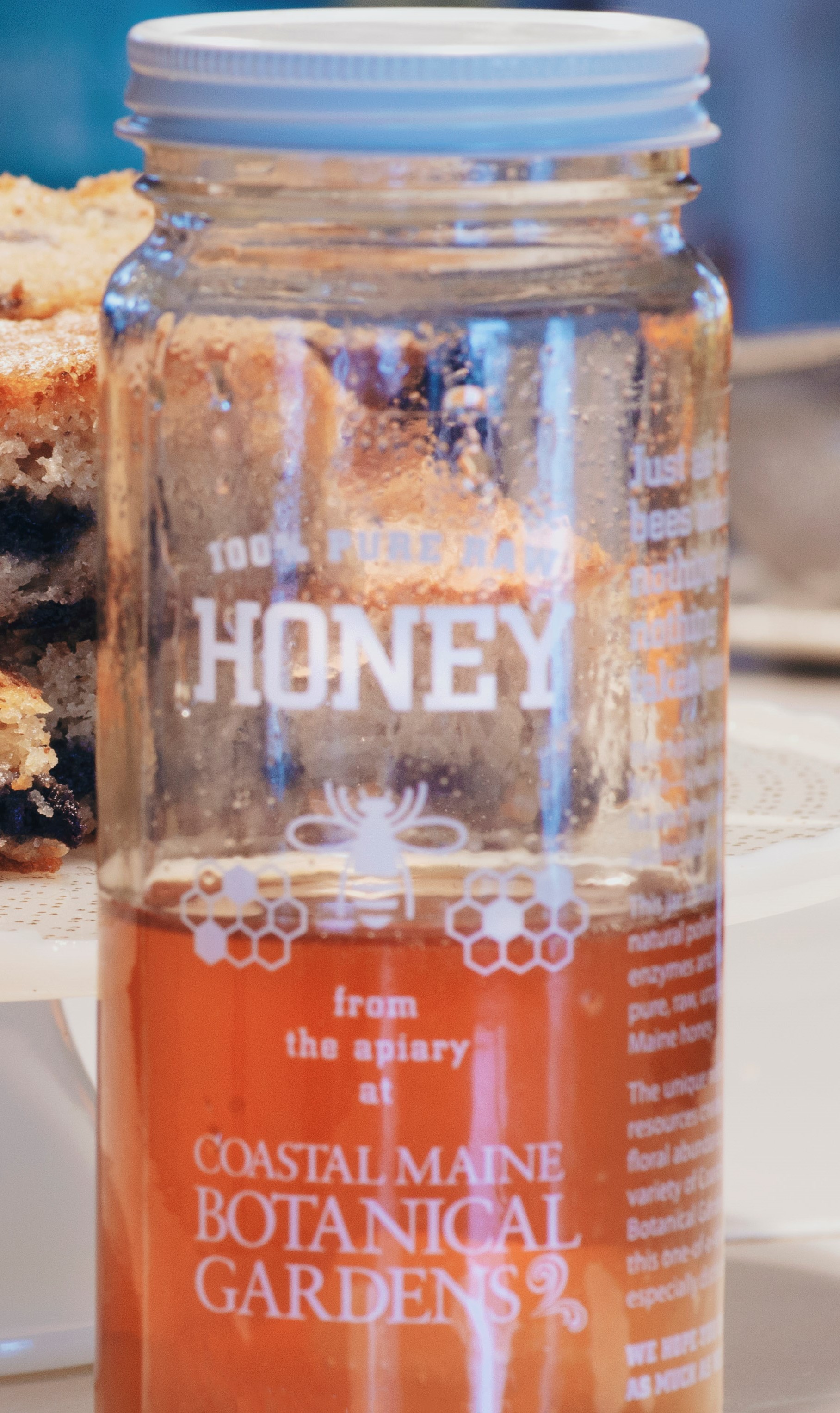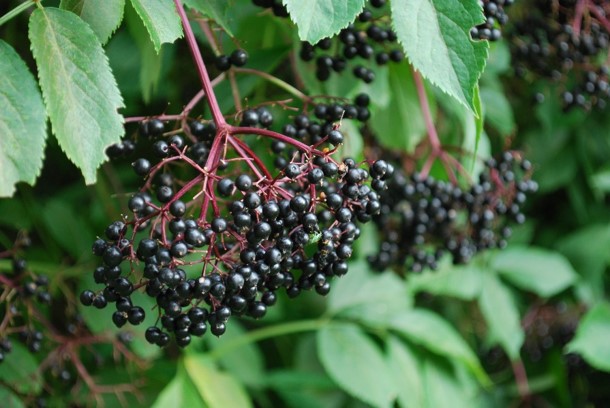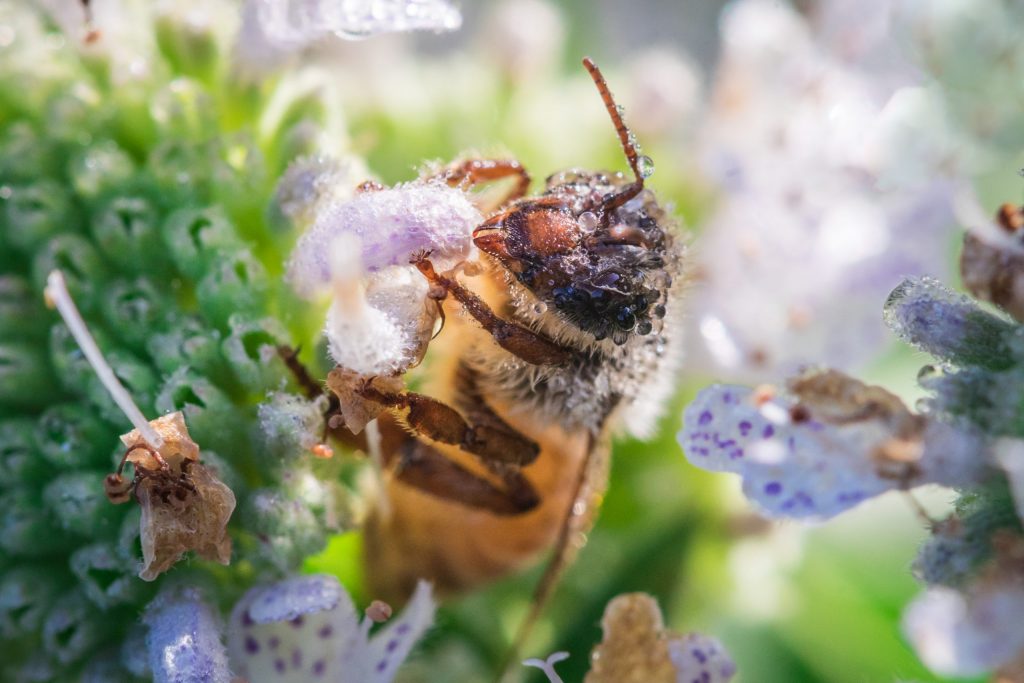Honey is close to our hearts here at CMBG, given our sixteen resident hives, new Learning Apiary, and our Certified Beekeeper of a CFO/COO, Erin MacGregor-Forbes. So I thought today we could look at a few of the lesser-known attributes of this sweet byproduct of the hive.

-
- Honey, like fruits, veggies, and green tea, is high in antioxidants, those highly publicized substances that slow down oxidation and, thus, cellular damage by free radicals (or unstable atoms that, long chemistry story short, can damage DNA and cell walls). In fact, research shows that buckwheat honey, especially high in antioxidants, increases the amounts of antioxidants in the body. Higher antioxidant levels, in turn, can reduce inflammation and improve heart health.
- Honey can be especially useful at this time of year, when allergies can plague some of us. Because (raw, unfiltered) honey contains lots of the allergy-producing substances like pollen, dust, or mold, research has shown that repeated ingestion of local (key word, there, local) honey can “inoculate” us against seasonal allergies. Think of it like a homeopathic remedy—a sweet, pleasant, and infinitely useful homeopathic remedy.

- Honey has been used as a cough suppressant in folk remedies for ages. The darker the honey, it seems, the better. One study even found that honey often worked better at suppressing nighttime coughing than popular over-the-counter cough syrups. Theories about why this works vary. As a demulcent (a substance that draws and retains moisture), honey can relieve dry throats, which may offer some relief. Some researchers put it down to the antioxidant and/or antimicrobial effects of honey. Research has also shown that (raw) honey does reduce the bacteria growth that causes infections in the throat, so you really can’t go wrong.
- Here’s a super groovy thing: when honey is eaten, followed by a water chaser, it reaches the brain in seven minutes. That means it “feeds” the brain, increases cognition, refreshes energy, and (so say some studies) it can help prevent brain damage. Honey’s antioxidants have been shown to help prevent Alzheimer’s through reducing free radicals in the brain tissue. Marry that with honey’s energy-restoring nature (used by Olympic marathon runners, by the way), it’s a one-stop-shop pick-me-up.
- Finally, honey is aces at wound healing. When raw honey, used extensively before penicillin was on the scene, is applied as a wound or burn dressing, its antibiotic nature helps prevent infection. The famed Manuka honey from New Zealand has become especially famous for this quality (the FDA has even approved it as a wound-healing option).
These aren’t just honeyed words—but you don’t have to take my word for it. As for me, I’m definitely add a jar or two to my next shopping list. Supporting local agriculture, beekeepers, and my health? Now that’s a sweet deal…
~Amy Holt, Writer/Editor


